Areeb Zuaiter’s well-intentioned documentary Yalla Parkour, which premiered at DOC NYC in 2024 before screening at this year’s Berlin Film Festival, deals in a challenging kind of parallel storytelling.
In the first thread, the director engages with themes of belonging and memory. She addresses her now deceased mother about her Palestinian identity, to which she feels only tenuously connected. The second thread operates like a corrective; in it, Zuaiter chronicles her friendship with Ahmed Matar, a Palestinian athlete who does parkour around Gaza. Their relationship strengthens the filmmaker’s bond to her homeland, inspiring questions about identity and the psychic repercussions of violent displacement.
Yalla Parkour
The Bottom Line A mixed bag.
Venue: Berlin Film Festival (Panorama Documentary)
Director: Areeb Zuaiter
1 hour 29 minutes
The results are an emotionally mixed bag. Yalla Parkour, which is the only Palestinian film that showed at this year’s Berlin Film Festival, swerves amid poignant reflections, keen insights, genuinely moving moments and strained profundity. Zuaiter and Matar’s lives reflect an uneven reality: She watches “death and destruction consume Gaza” from America while he lives through it. And while Zuaiter acknowledges this difference, there are parts of her documentary that ring oddly because the pair seem to be wrestling, at least at first, with fundamentally different questions. Matar speaks with sharp intensity about parkour, and contemplates his survival, floating ideas about finding a way out of Gaza like many of his friends. Zuaiter, on the other hand, meditates on her cultural isolation and at one point says of Matar: “This might be the first time I met a Palestinian who didn’t mention my accent or question my belonging.”
Perhaps my wariness of Yalla Parkour’s framing — a kind of third-culture-kid memoir meets sports documentary meets investigation of displacement — relates to its timing. Palestinians in Gaza and the West Bank have spent the last year and a half documenting their annihilation, and recent documentaries like From Ground Zero and No Other Land testify to the physical and mental toll of Israel’s occupation. Yalla Parkour is a fascinating film, especially for its insight into Gaza’s parkour community, but at times it struggles to balance its sentimental subjectivity with the stakes of the empirical reality.
The film opens with Zuaiter recalling, through voiceover, memories of Gaza’s sea and her mother’s smile. She has been thinking about it for years and finds a similar joy in a video of Mohammed Aljakhbir, a traceur in Gaza. When she pauses the video on his grin, we see it’s a wide and proud one, infectious even.
In the next scene, sometime in 2015, Zuaiter connects with Matar, who tells the filmmaker that Aljakhbir lives in Sweden. He left Gaza in 2013 after being invited to a competition in Italy and decided not to come back. As the conversation progresses, Matar shares that he shoots the parkour videos she came across. He also considers himself a filmmaker. The connection surprises Zuaiter and establishes a warm intimacy between them.
A tender friendship is born from this moment, and throughout Yalla Parkour, we see Zuaiter and Matar video-chatting from their respective homes on opposite sides of the world. Zuaiter interweaves these recorded conversations with footage of her working on a painting of the sea as well as the aforementioned parkour videos. The film moves seamlessly between the subjects’ lives, steadily building a portrait of two different but connected realities. As Zuaiter learns more about Matar’s struggles in Gaza, she confronts the precariousness of his situation and the impediments to his attempts to leave.
These observations lend themselves to broader reflections on the legacy of displacement. Zuaiter sees parallels between Matar and her mother, who left Palestine as an adult. The filmmaker recalls how the distance from the sea and the seeming impossibility of return gnawed at her mother’s spirit.
Yalla Parkour works well when Zuaiter lets the two narratives — her mother’s and Matar’s — speak for themselves. Both tales tend to the brutal legacy of itinerancy and naturally complement each other. Matar’s story, in particular, observes the logistical nightmares Palestinians face when trying to move within their own country or even travel abroad. Obtaining visas and other travel documents is a twisted game of bureaucratic whack-a-mole.
Before leaving becomes an option for Matar, though, he lets Zuaiter into his life. His conversations with the filmmaker and, in particular, the videos he shares make up another compelling thread of Yalla Parkour. These scenes offer another perspective on Gaza, one in which a young man and his friends turn the city’s destroyed structures into their personal playground. To watch the athletes scale buildings or backflip onto narrow ledges can be anxiety-inducing, especially when injury is guaranteed, but there’s a beauty to these moments too. The joy and laughter from a successful landing, the lithe bodies cutting through air and the community formed through these daredevil routines are reminders that where some have been taught to see ruins, others see possibility.

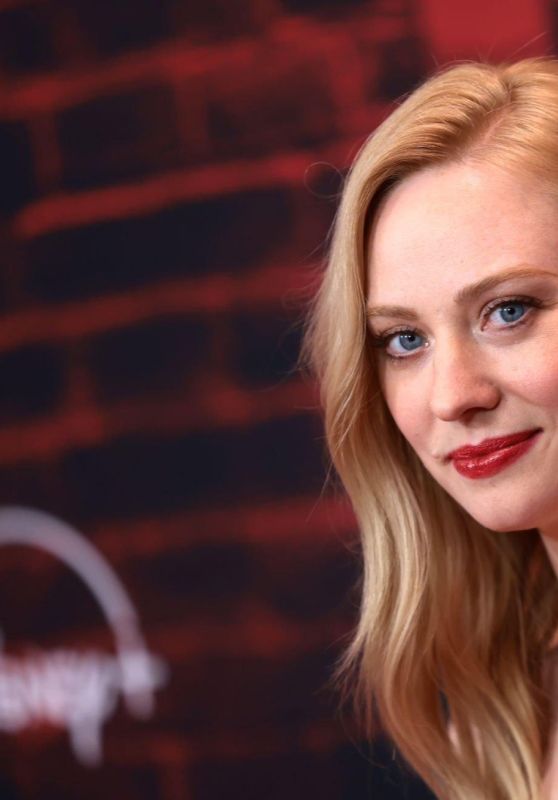

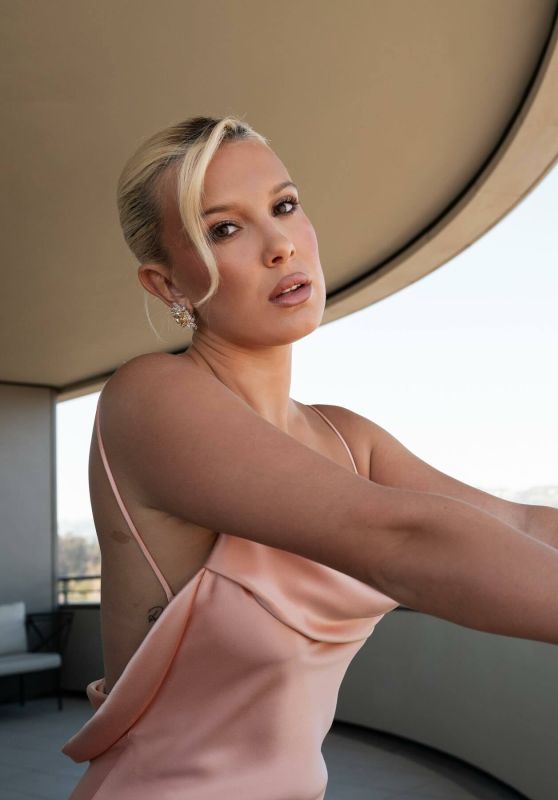
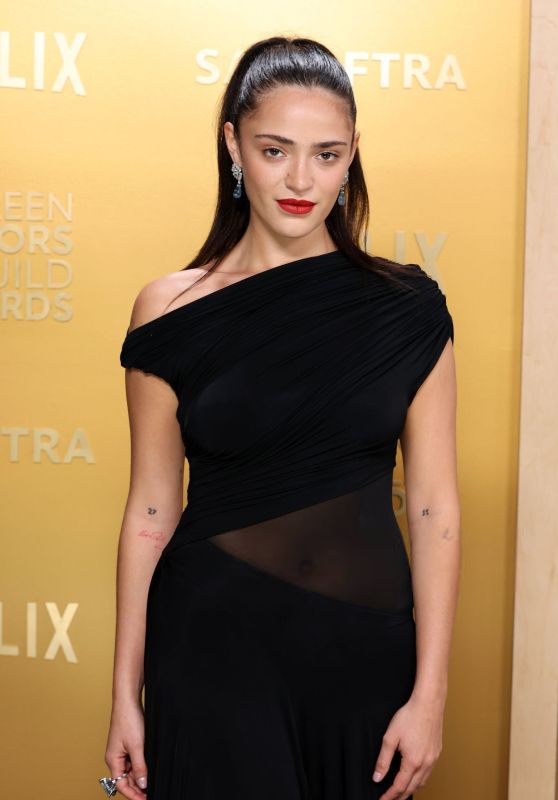







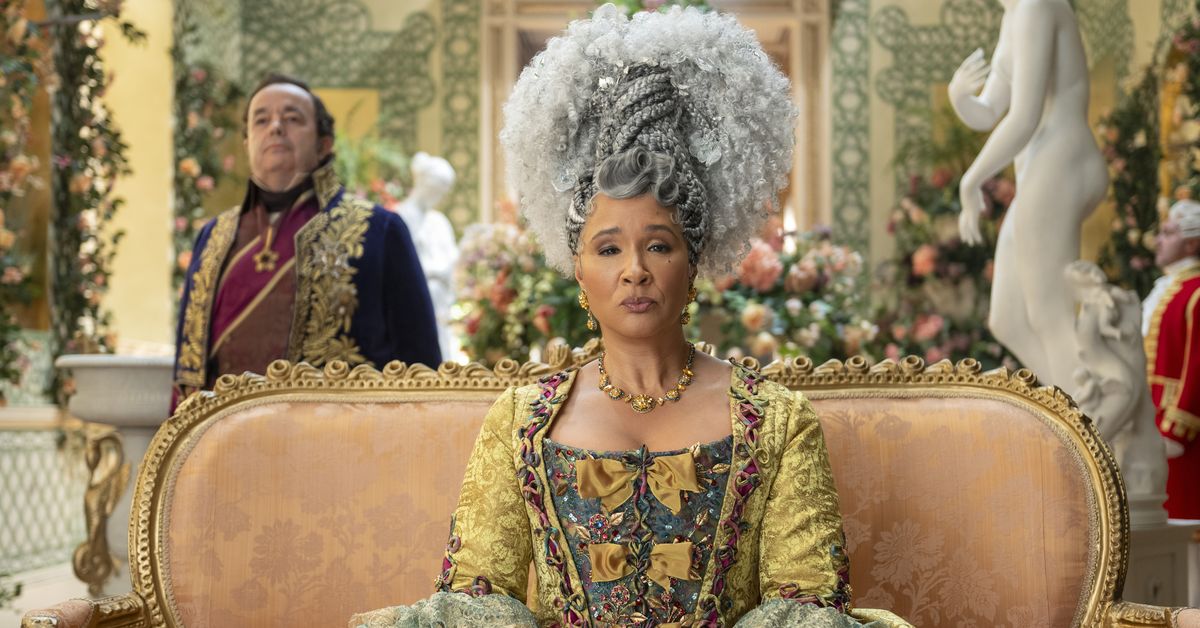

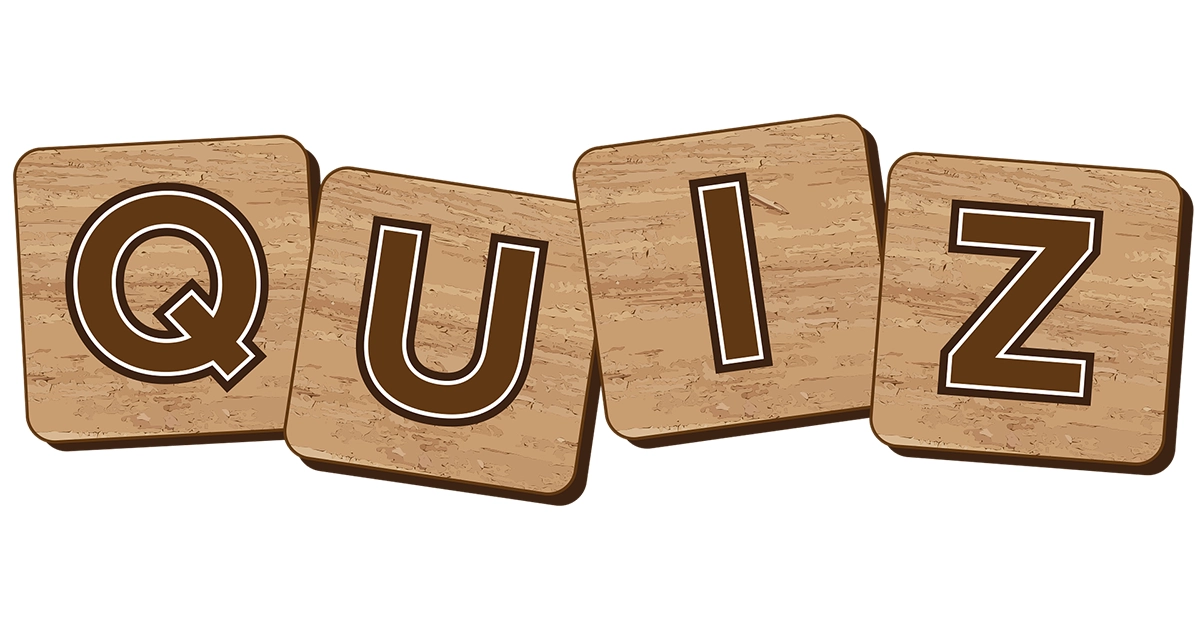





 English (US) ·
English (US) ·